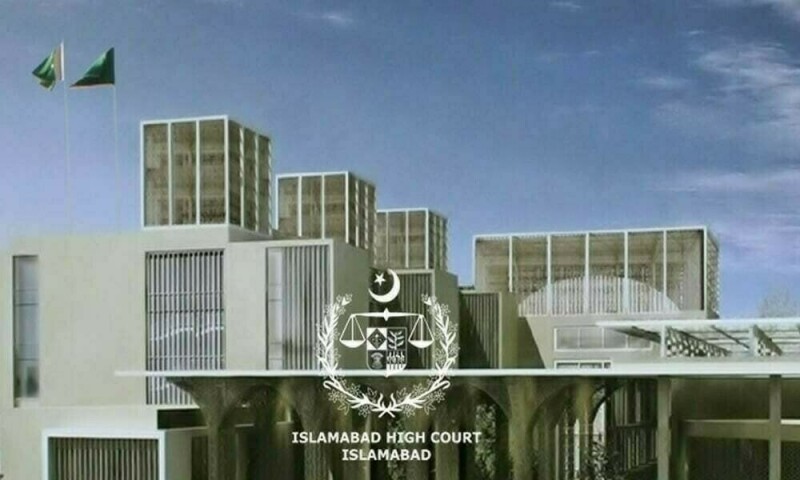Islamabad, Apr 13, 2025: The Islamabad High Court (IHC) has issued a clear directive to the Petroleum Division to return all levy amounts collected from captive power producers, following the expiration of the Grid Levy Ordinance 2025.
The court announced this judgment in a formal order released on Friday.
The ruling emphasizes that if Parliament does not approve the said ordinance, the authorities must return all charges levied under it to the petitioners without any deduction or delay.
The authorities had to keep the amounts collected during the ordinance’s temporary validity in the Federal Consolidated Fund and could not divert or spend them outside the scope of the ordinance.
During the proceedings, the Attorney General argued that the interim relief granted contradicts Article 199 (4)(b) of the Constitution.
He asserted that Article 89 grants the President the constitutional power to promulgate ordinances when Parliament is not in session.
He maintained that the President was within his legal rights to introduce the Grid Levy Ordinance, and its legal challenge was unwarranted.
Read More: PIA to start New Routes to Central Asia
The Constitution, under Entry No. 51 of the Fourth Schedule, allows the Federal Government to impose taxes on mineral oils and natural gas.
However, if the ordinance lapses without Parliamentary ratification, the government has agreed to refund the full amount collected under the law to the affected parties.
The petitioners, representing captive power facilities, argue that the ordinance unfairly subjects them to dual taxation.
These plants produce electricity primarily for their own use, occasionally selling excess power to distribution networks.
They already pay sales tax on natural gas under the 1990 Sales Tax Act and contend that the levy is unconstitutional and violates their rights.
Their counsel argued that the government provides no direct benefit in return, so the levy doesn’t qualify as a legitimate tax or a service-based fee.
In its conclusion, the IHC acknowledged that while Article 77 governs taxation powers, the President may issue ordinances during a legislative recess as permitted by Article 89.
The court also clarified that the Constitution and fundamental rights must guide how one interprets Entry 51’s broad authority for taxation.
